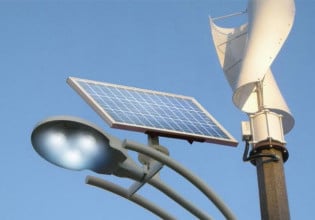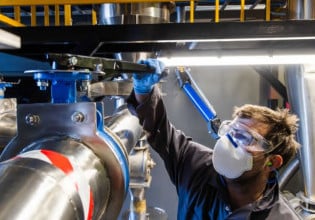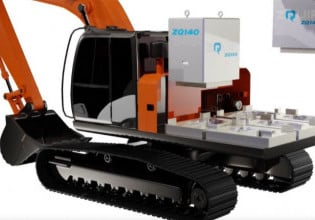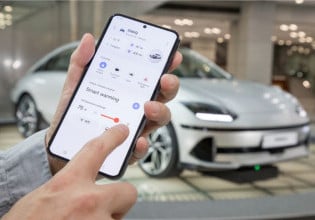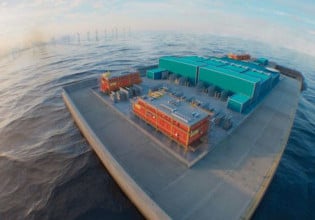Thomas Donaldson, President, Signet International Holdings, Inc. announced that SIGN has executed a Letter of Intent for the Acquisition of HyCarb, Inc., a Florida Corporation operating in association with the University of Central Florida in Orlando, FL.
HyCarb is a leader in Graphene technology development and is currently completing the prototype of its first phase, the “HyCarb Coin Cell Battery.” The battery is expected to be ready for manufacturing within the next year.
“This new generation Graphene battery has proven to be amazing,” says Donaldson. “Within the next twelve months, we will be on the market delivering a coin cell battery far superior than the Lithium Ion battery in use today.”
“Our batteries have five times the life of the regular Lithium Ion Batteries,” says Ms Sigrid Cottrell, CEO of HyCarb. “We can deliver a true eco-battery that is a “greener,” safer battery whose unique attributes include being quicker to charge with a much greater electric storage capacity. It is less toxic, up to 99% recyclable and has no thermal runaway, so it will not catch fire.”
Sigrid Cottrell, and Andrew Heath, President, state, “Batteries and energy storage are the universal ‘pain-point’ of every industry that is dependent on electricity. Electricity has allowed society to advance in ways that were unfathomable 100 years ago. Conscientiously solving the electricity storage problem facing every industry today, will carry us to a safe, profitable, pollution-free future and to heights yet unknown. As a result, HyCarb’s first product, with Signet’s support, is a safe, ultra-lightweight, graphene/carbon nanotube, eco-battery that is less toxic, up to 99% recyclable, capable of charging faster, and lasting longer than batteries available on the market today.”
Donaldson added that upon full subscription to its private placement, the company would proceed to set up its pilot plant to commercialize these coin cell batteries and create it’s next generation of batteries that will include; pouch cell, 10kWhr and the beginning formulations for their 1MWhr. It will also meet the criteria of many other industrial demands such as: wearable and portable electronics, home and commercial utilities, medical devices, grid renewable energy and micro grids.
HyCarb has also met with agencies of the Department Of Defense whose requirements HyCarb will meet to optimize power supply and reduce diesel fuel use. HyCarb will be able to furnish a new process of re-charging electric cars and creating a reliable ultra-lightweight battery for the aerospace industry.


